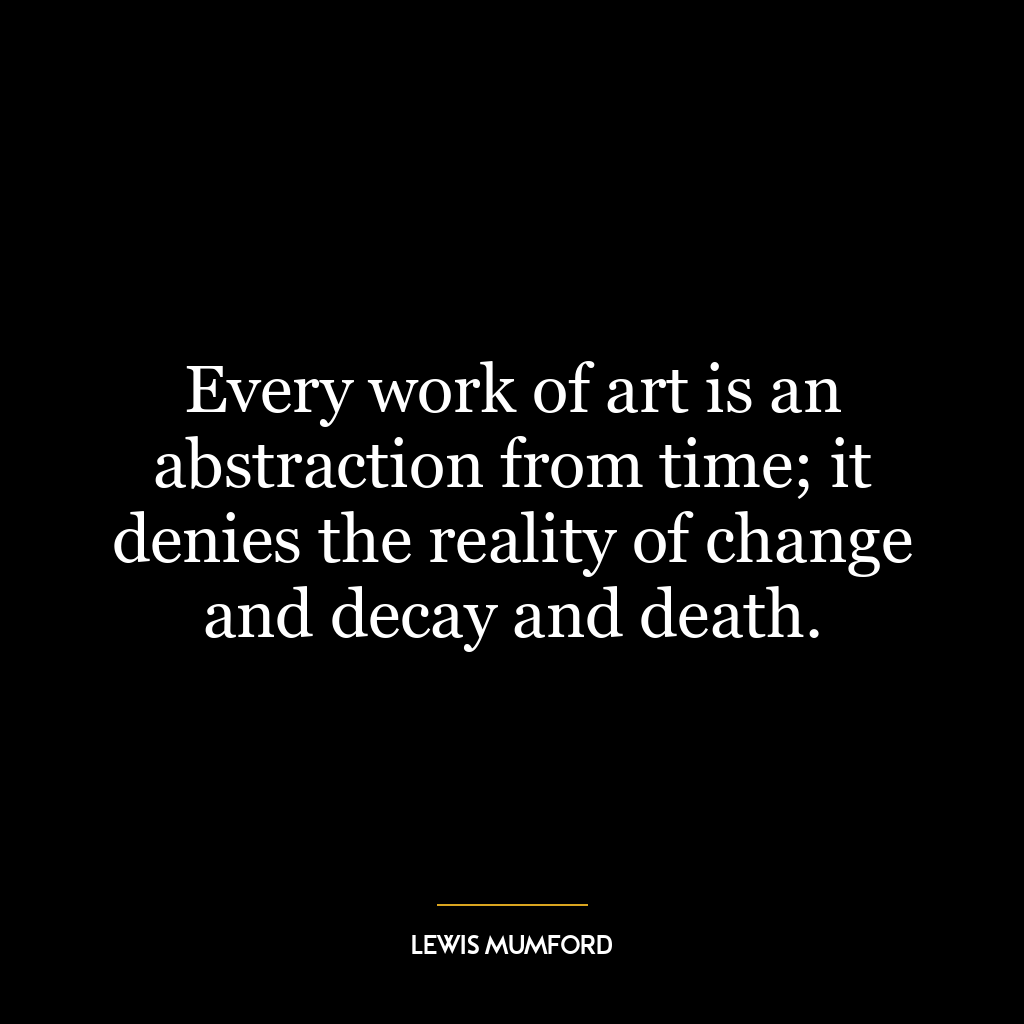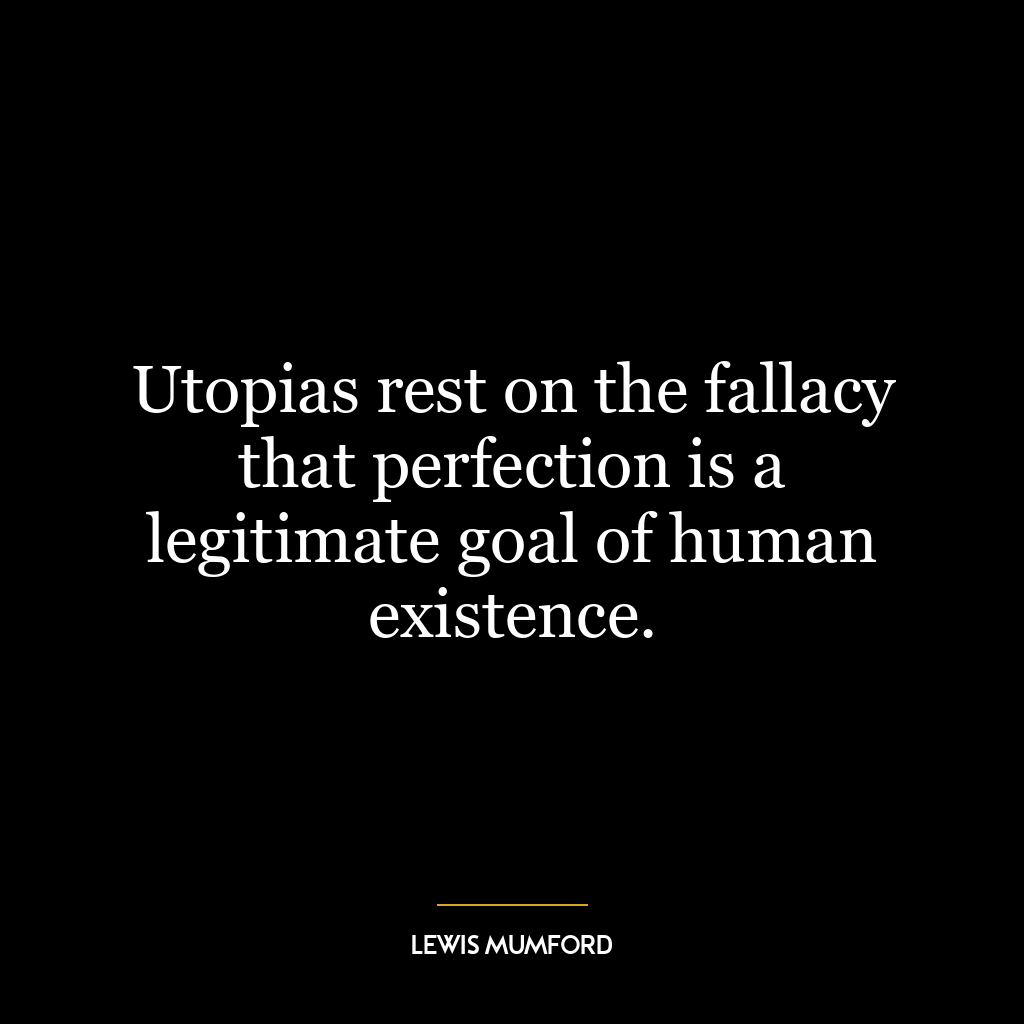Lewis Mumford Quotes
- Historian
- USA
- 1895
Lewis Mumford (1895-1990) was an American historian, sociologist, philosopher, and literary critic. He was a prolific writer, authoring over 30 books and hundreds of articles. He is best known for his works on urbanism, technology, and the environment. His most notable works include The City in Hist…Read More
Lewis Mumford (1895-1990) was an American historian, sociologist, philosopher, and literary critic. He was a prolific writer, authoring over 30 books and hundreds of articles. He is best known for his works on urbanism, technology, and the environment. His most notable works include The City in History (1961), The Myth of the Machine (1967-1970), and The Pentagon of Power (1970). Mumford was a strong advocate for sustainable cities and a critic of modern technology, believing that it had a negative impact on society. He was awarded the Presidential Medal of Freedom in 1964 and the National Medal of Arts in 1986.Read Less
Lewis Mumford (1895-1990) was an American historian, sociologist, philosopher, and literary critic. He was a prolific writer, authoring over 30 books and hundreds of articles. He is best known for his works on urbanism, technology, and the environment. His most notable works include The City in History (1961), The Myth of the Machine (1967-1970), and The Pentagon of Power (1970). Mumford was a strong advocate for sustainable cities and a critic of modern technology, believing that it had a negative impact on society. He was awarded the Presidential Medal of Freedom in 1964 and the National Medal of Arts in 1986.
29 Insightful Lewis Mumford Quotes
Lewis Mumford Career Highlights
Lewis Mumford was an American historian, sociologist, and philosopher known for his influential writings on urban planning, architecture, and technology. He was born on October 19, 1895, in Flushing, New York, and passed away on January 26, 1990, in Amenia, New York at the age of 94.Mumford’s career began in 1919 when he became the literary editor of The Dial, a prominent literary and cultural magazine. He then went on to work as an editor for The New Yorker and The Saturday Review of Literature. In the 1920s, he began writing books on various topics such as literature, art, and architecture.
Key Contributions by Lewis Mumford
Mumford’s most significant contributions were in the fields of urban planning and architecture. He was a strong advocate for human-centered design and believed that cities should be designed to promote the well-being and happiness of its inhabitants. He also emphasized the importance of preserving historical and cultural landmarks in urban areas.Mumford’s writings on technology were also groundbreaking. He was critical of the negative effects of industrialization and mass production on society and advocated for a more balanced and sustainable approach to technology.
What Sets Lewis Mumford Apart
What sets Lewis Mumford apart is his interdisciplinary approach to understanding and analyzing society. He drew from various fields such as history, sociology, and philosophy to offer unique insights into the development of cities and the impact of technology on human life.Mumford’s writing style was also distinct, as he often used poetic language and metaphors to convey his ideas. This made his work accessible to a wider audience and helped popularize his ideas.
Takeaways
Lewis Mumford’s contributions to urban planning, architecture, and technology continue to influence these fields today. His emphasis on human-centered design and sustainable development is particularly relevant in the current global climate.Mumford’s interdisciplinary approach and unique writing style serve as a reminder to think outside the box and consider multiple perspectives when tackling complex issues. His legacy serves as an inspiration for future generations to continue pushing the boundaries and challenging conventional thinking.
















![Genuine [economic] value lies in the power to sustain or enrich life](https://quotes.guide/wp-content/uploads/lewis-mumford/lewis-mumford-689624.png)














